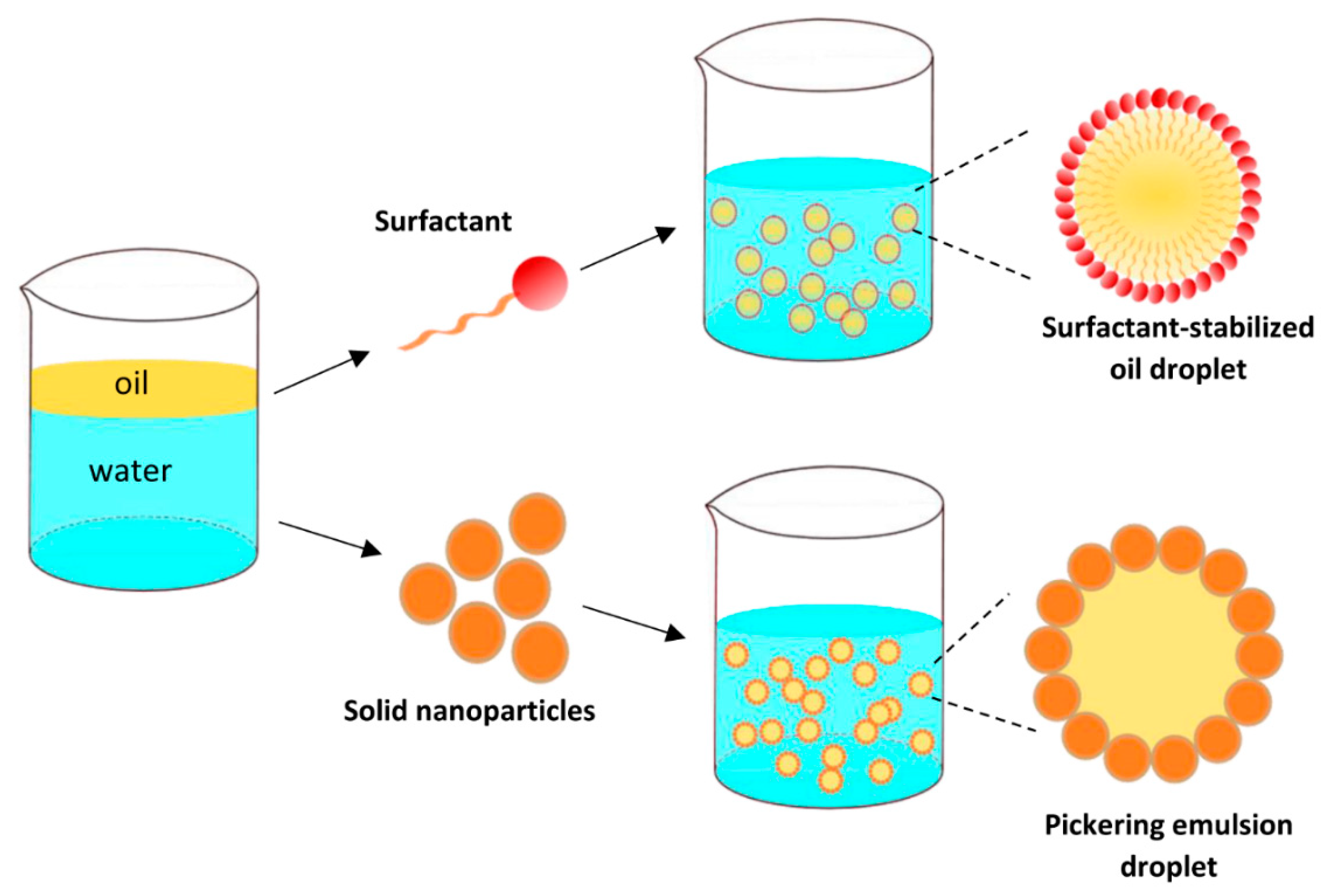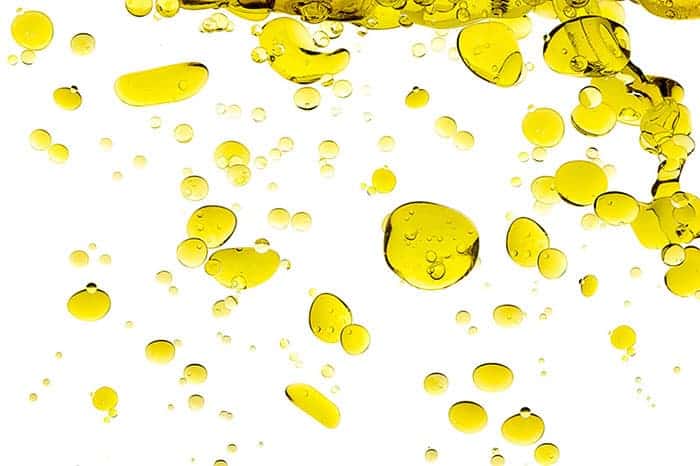What is an emulsion ?
An emulsion can be hot or cold and take on any flavor from sweet to savory; it can be smooth or have a bit of texture. No matter the type of emulsion, these dressings and sauces enhance the taste of the dish, bringing another level of flavor to foods such as salads and eggs. Emulsion is a dispersed system in which the phases include immiscible or partially miscible liquids, such as milk and rubber latex. If an emulsion is prepared by homogenizing two pure liquid components, phase separation will generally be rapid, especially if the concentration of the dispersed phase is at all high.
Emulsion Quotes. There are no approved quotes yet for this movie. Movie & TV guides. Best Horror Movies. Top 200 of all time 150 Essential Comedies. The funniest movies ever Marvel Movies In Order. An emulsion can be hot or cold and take on any flavor from sweet to savory; it can be smooth or have a bit of texture. No matter the type of emulsion, these dressings and sauces enhance the taste of the dish, bringing another level of flavor to foods such as salads and eggs. The KitchenAid 2-Speed Hand Blender aced every category in Rachel's tests, and then some. With 17 vibrant colors featuring fun names like 'cranberry,' 'green apple,' 'hot sauce,' you can match this blender to virtually any kitchen color scheme.
An Emulsion is a homogeneous mixture of several immiscible liquids with each other, such as oil and water in butter. The substances of an Emulsion remain linked to each other thanks to the action of an emulsifying substance that increases viscosity and stabilizes the emulsion. For example, soap or detergent are water and grease emulsifying substances. The substances of an Emulsion are separated by the emulsification process.
Types of emulsions
Flocculation
Emulsion Paint
Cremation
Coalescence
Examples of Emulsions:

If you try to mix some cooking oil and water by whisking the mixture for a good while you will notice that the cooking oil divides into small oil droplets, which makes the mixture cloudy. A mixture containing small droplets of one liquid in another liquid is called emulsion . An emulsion is a type of heterogeneous mixture, since it is still possible to distinguish the various substances (in this case, the oil and water).
In order for an emulsion to occur, the substances contained in it must be insoluble in each other. Thus, ethanol and water which are infinitely soluble in each other cannot form an emulsion.
Oil in the water emulsion in our example will not remain an emulsion for very long. After only a few seconds, the oil droplets clump together to form a layer over the water. Then we no longer have a mixture but two separate substances. In order for an emulsion to remain an emulsion, emulsifiers are often used , a concept that you have probably seen on different food packaging. The emulsifiers are used to give the right consistency to the food they are used in. In egg yolks, for example, there is a natural emulsifier called lecithin which is useful when making mayonnaise which is an oil in water emulsion.
An emulsifier which hopefully does not appear in food, but which is nonetheless functional, is detergent. If you add a few drops to the mixture of cooking oil and water and stir, you will notice that it continues to be an emulsion for much longer.
In addition to mayonnaise, margarine and milk are two emulsions. Many skin care products are also examples of emulsions. Here is a list of examples of emulsions :
- Water and grease emulsion in washing with soap or detergent
- In milk there is an emulsion of water and fatty substances
- Mayonnaise (water and oil emulsion)
- Margarine
- Vinaigrette (pickled oil emulsion)
- Ice cream
- Espresso coffee cream (oil in water)
- Yogurt
- Dressings
- Hollandaise sauce
- Vaccinations
- Cosmetic lotions
- Skin moisturizing substances
- Balms
- Photographic emulsions
- Petroleum
- Asphalt (bitumen)
- Pesticides
- Paintings
Also found in: Dictionary, Thesaurus, Acronyms, Encyclopedia, Wikipedia.
emulsion
[e-mul´shun]Emulsion
e·mul·sion
(ē-mŭl'shŭn),

emulsion
Pharmacology A suspension of droplets of one liquid in another–eg, oil, water. See Emulsifier.

e·mul·sion
(ē-mŭl'shŭn)Emulsion Chemistry Definition
e·mul·sion
(Emulsion Blender
ē-mŭl'shŭn)Emulsion Paint
Emulsion Movie
Want to thank TFD for its existence? Tell a friend about us, add a link to this page, or visit the webmaster's page for free fun content.Link to this page:
